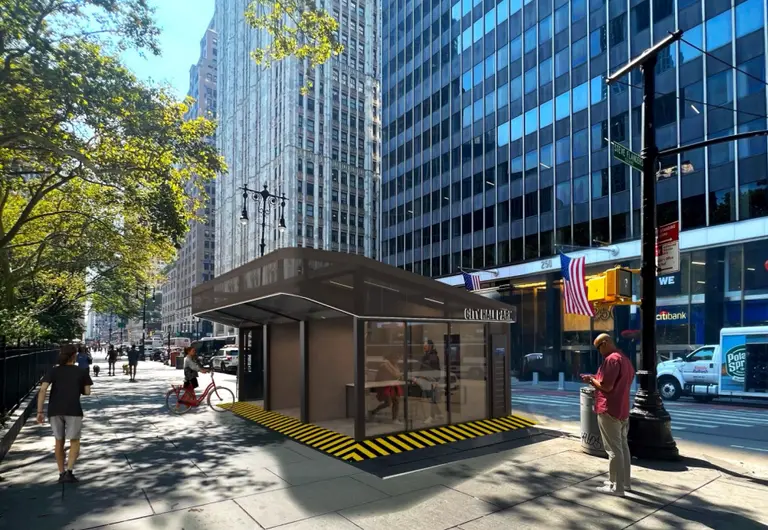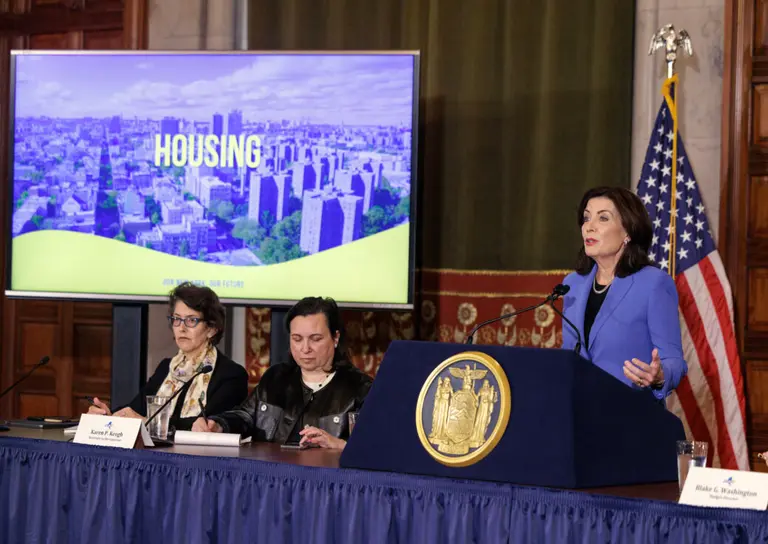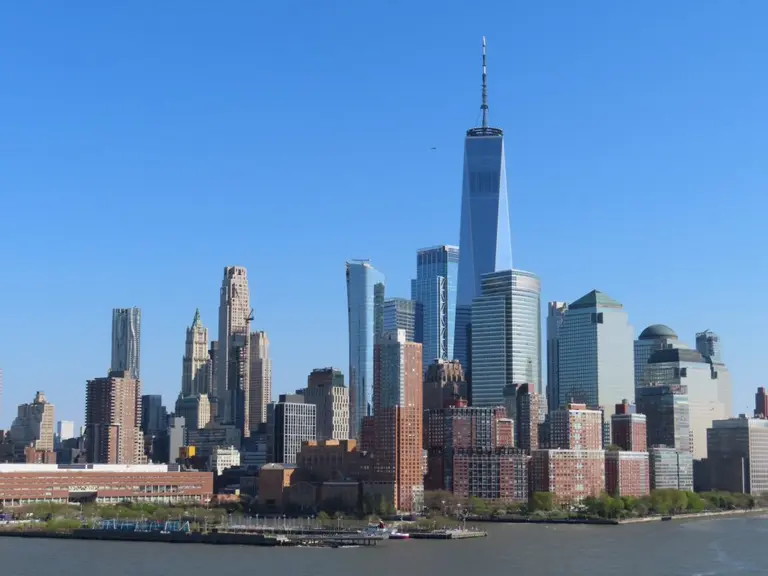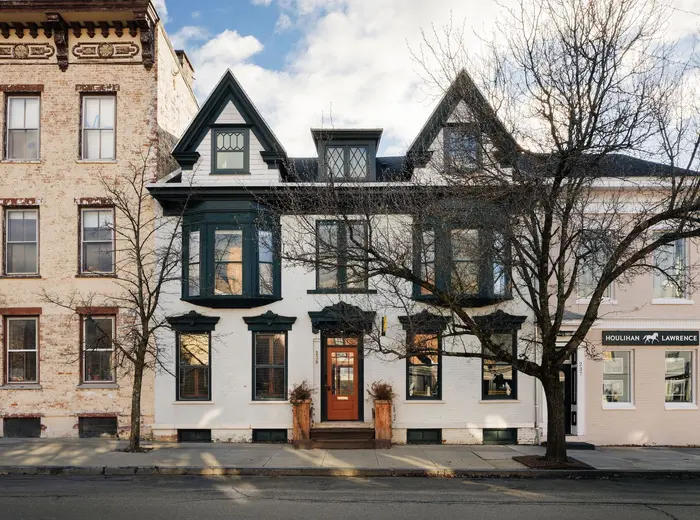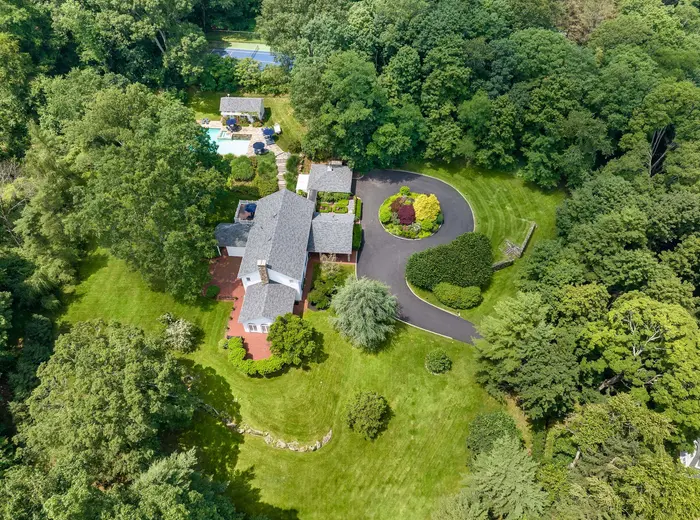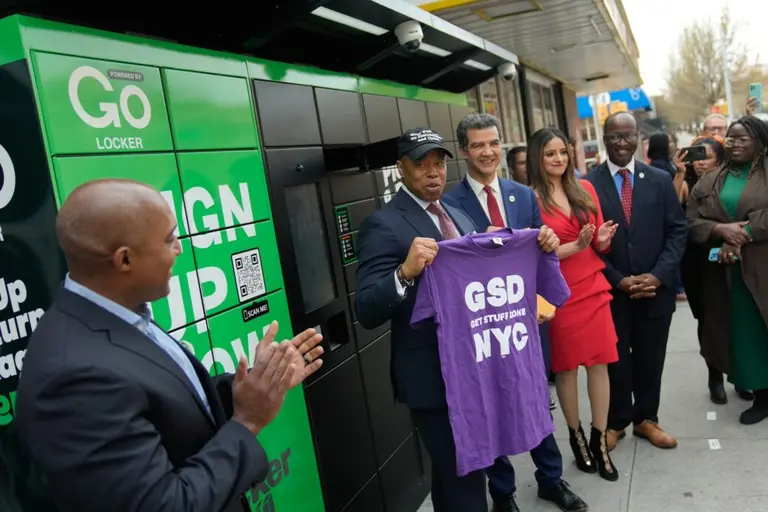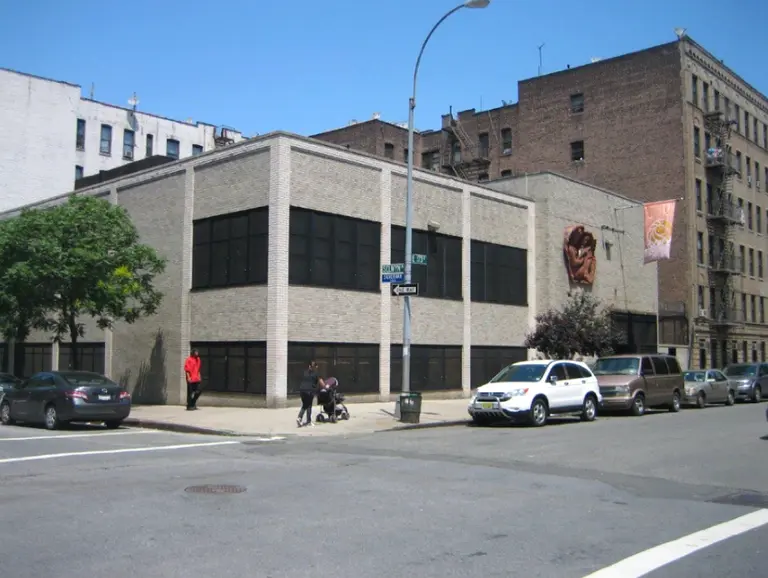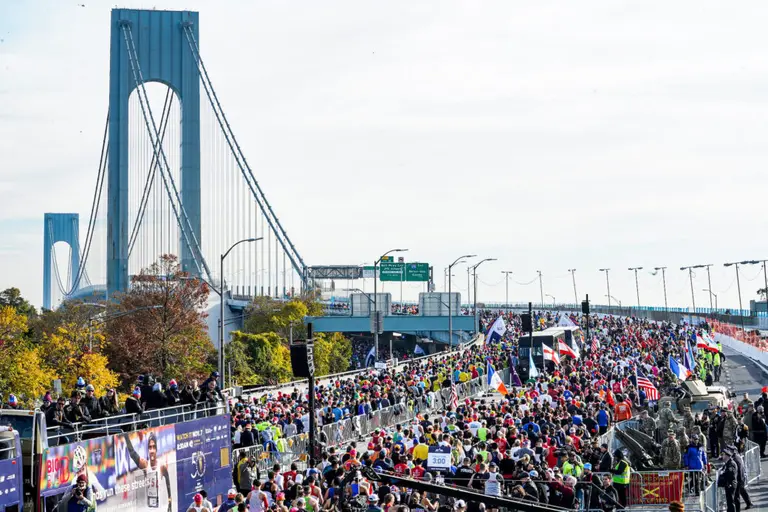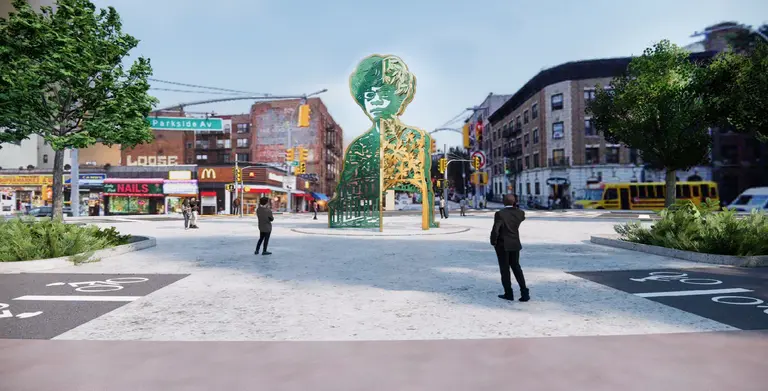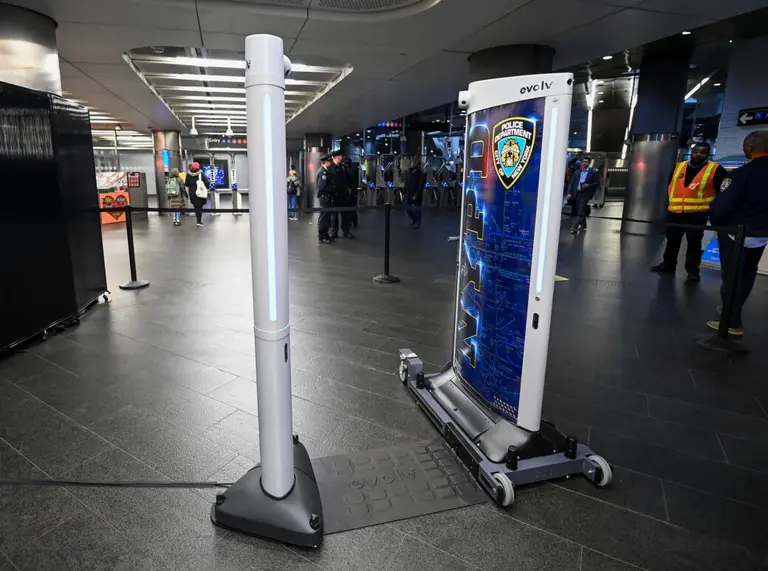Owner of $100M Apartment at One57 Only Pays $17,268 in Property Taxes
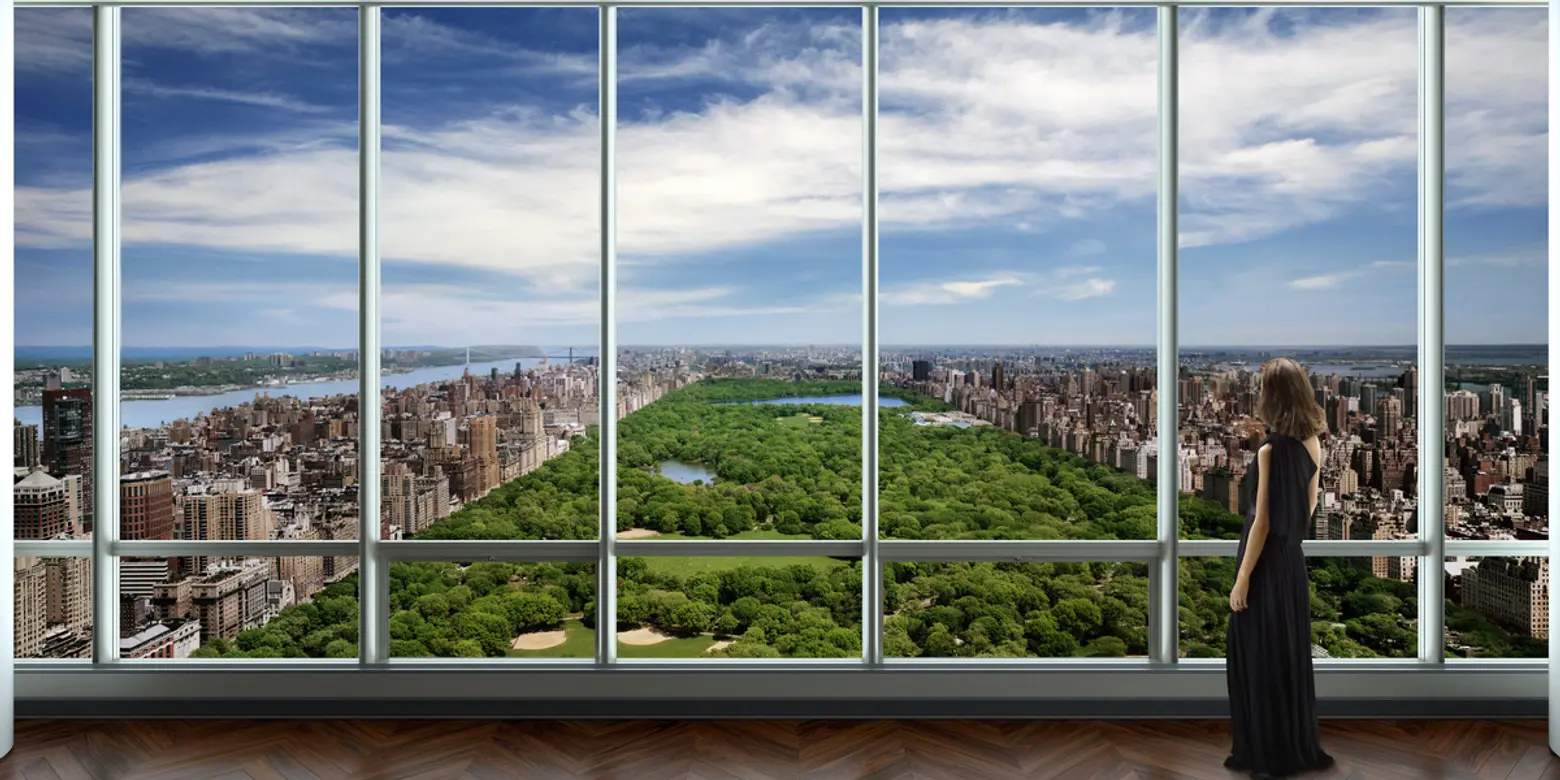
Remember the $100 million apartment at One57, the most expensive ever in New York City? Well, the (presumably) billionaire buyer pays just $17,268 in annual property taxes on the unit, or 0.017 percent of its sale price, as if it were worth only $6.5 million, according to the New York Post. In contrast, the owner of a $1.02 million condo nearby at 224 East 52nd Street is paying $24,279, or 2.38 percent of its sale price.
This is just one example of the fact that the owners of the city’s ten most expensive apartments pay effective rates that are unbelievably lower than those paid on cheaper properties. How is this possible? It’s in part due to the 421-a tax abatement, but more so due to the city’s convoluted method of assessing market value for condos and co-ops.
Even without 421-a, the owner of the $100 million One57 penthouse would only pay only $376,472 in annual property taxes, an effective rate of just 0.376 percent. As the Post describes, “The off-the-mark assessment formula is primarily based on the income, per square foot, that’s generated by neighboring rental apartments.” The large majority of apartments in the city are valued at about 20 percent of their actual worth, but the ten most expensive are valued at just 3 percent to 6.8 percent of their sale prices, bringing in a mere $935,000 in taxes this fiscal year. If they had been taxed at the national effective rate of 1.29 percent, they would have brought in $9 million.
The current state law that governs property assessments took effect in 1981, when the city’s real estate climate was significantly different. Since 1996, the city has been asked to submit a new method to Albany, but that’s never actually happened, leaving us with an antiquated system that creates major inequities in the tax system. When asked about the issue, de Blasio’s spokesman Wiley Norvell said: “These inequities have been built into the tax system over decades, and they won’t be solved easily or quickly. Any solution would require tax-law changes in Albany, and the impact of those changes on the lives of New Yorkers would have to be taken into account.”
[Via NYP]
RELATED:

